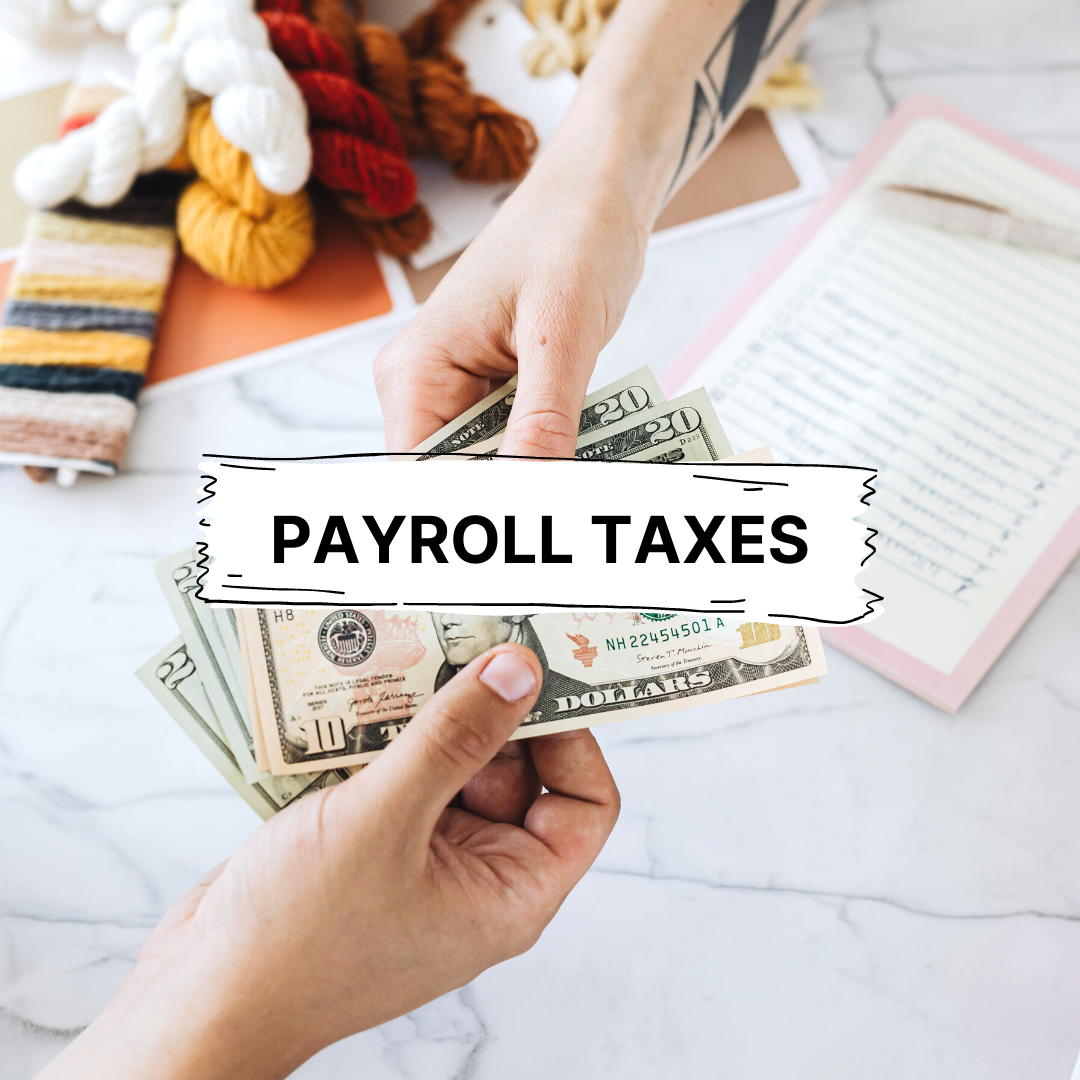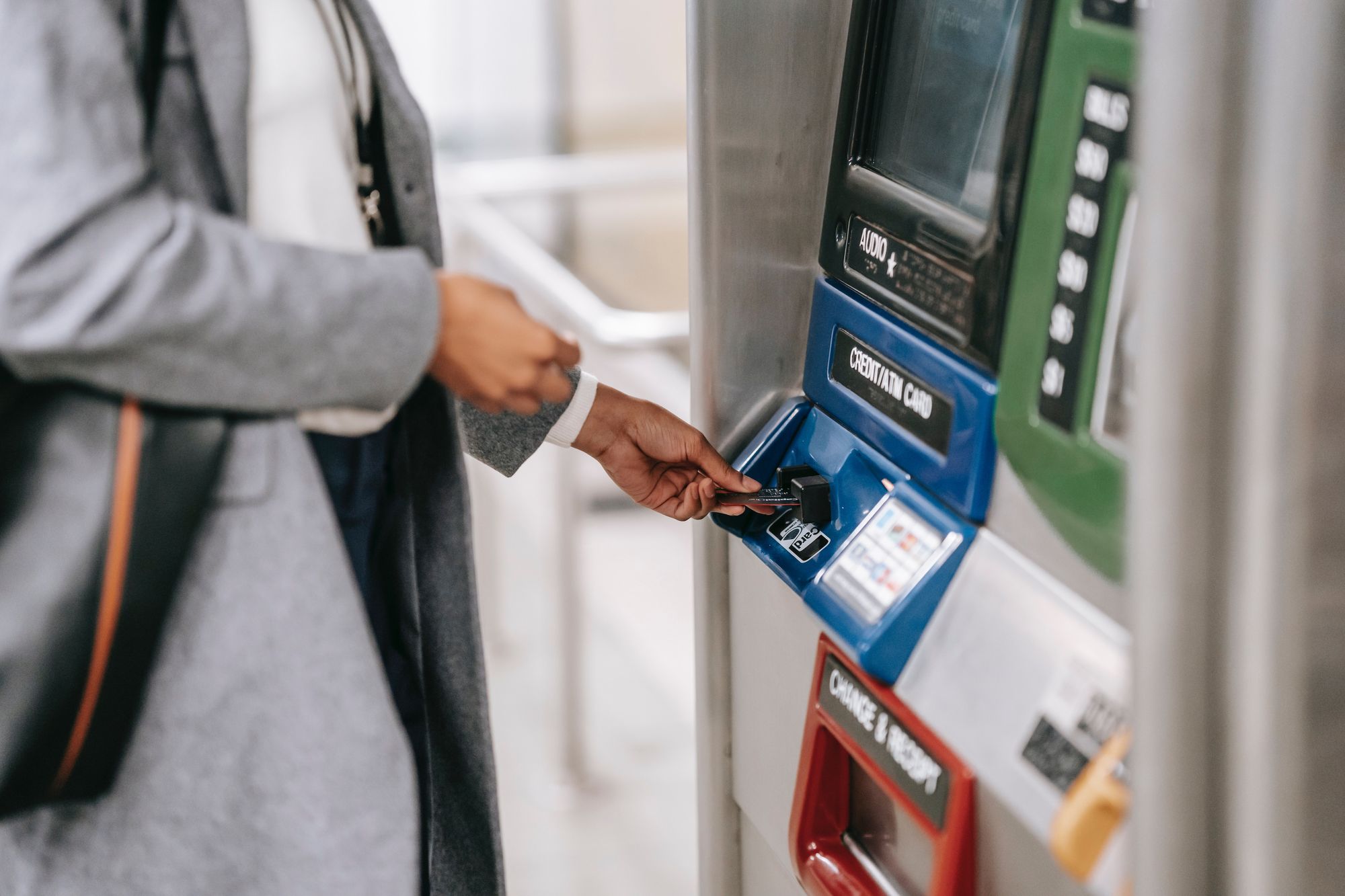Sales tax is a significant expense for businesses. Depending on your revenue, you can be looking at thousands of dollars in tax every year. There are several ways to manage your sales tax and reduce the cost of doing business.
TIP: The best way to reduce sales tax? Grow your business so that you don't have to pay as much for it.
Paying sales tax on products sold online can be confusing for small business owners. Sales tax laws are different in every state, and it can be tough to keep up with all of the changes. You might not even know you have to pay sales tax in some cases.
Here is a snapshot of the points covered in the article:
- Sales Tax Overview- What is Sales Tax?
- How to pay sales tax for small businesses?
- What are the examples of goods on which sales tax is levied?
- What are the different types of sales tax?
- What is considered taxable revenue as part of paying sales tax for small businesses?
- What factors determine how to pay sales tax for small businesses?
- What are the different ways on how to pay sales tax for small businesses?
- What are the Sales Tax Basics on how to pay sales tax for small businesses?
- Are businesses required to collect sales tax?
There are ways to calculate and collect sales tax for your online business, though. Here's a quick guide for how to do it properly and legally.
Sales Tax Overview- What is Sales Tax?
Sales taxes are among the most common taxes collected on a state level by government entities. The purpose of these taxes is to help fund state programs such as public schools and roads. These taxes are usually collected through a point-of-sale method, which means they are included in the cost of goods and services when consumers purchase them.
Sales tax is the amount of money you collect from customers who live in your area. Each state has its laws, so you need to take time to learn about yours if you're a small business owner who sells taxable goods or services. Generally, if you're registered as a sole proprietor or as a DBA (doing business as) contractor, you may need to charge sales tax on the products or services that you provide.
However, sell items through a corporation or LLC (limited liability company), and not through any other type of business entity. You might not have to charge sales tax at all.
How to pay sales tax for small businesses?
These taxes can be collected at various places, including grocery stores, retail storefronts, restaurants, and bars. Each state has different rules about what goods and services are subject to sales tax and what costs consumers. This can vary even within states depending on location; larger cities will often have higher sales tax rates than rural areas because they have more programs to fund.
Get the lowdown on how to pay sales tax for small businesses. Sales tax is collected at the point of sale on taxable goods, services, and other transactions subject to taxation by a local government entity. The money collected from sales tax goes to the state and local government as revenue for public projects and services.
Sales Tax is charged on taxable goods, services, and benefits. Taxable goods are sold, leased, or rented and have an established value (jewelry, antiques, vehicles, boats, furniture). Services include labor or work performed by an individual or company. Benefits include admission tickets, parking fees, and hotel stays.
What are the examples of goods on which sales tax is levied?
The following are some examples of taxable items:
- Automobiles
- Furniture
- Jewelry
- Steel products
- Alcoholic beverages (except beer)
- Food delivered to your home**
- Parking fees
- A service to clean your houses such as a maid or carpet cleaning service**
The following are some examples of nontaxable items:
- Prescription drugs sold by a pharmacy with a prescription from a licensed physician
- Food that is not prepared or served at a restaurant (i.e., the food you buy at the grocery store)
What are the different types of sales tax?
Sales Tax is divided into two categories: state and local. The state is collected by the state government and distributed to the counties, cities, and townships. Everything from gas stations to retail stores to dry cleaning services collects state taxes for their home states. Local taxes are collected by city governments and distributed to county governments to disperse them to the schools and other municipalities.
Just about every product or service you buy will have some form of Sales Tax applied to it: 10%, 12%, or 5%. Even if you live in a state like Florida, where there's no Sales Tax on anything, you'll still pay Sales Tax on things purchased while you're traveling out of state because "tax nexus" exists in certain situations.
The sales tax you have to pay depends on your business activity. You'll have to report and pay sales tax on all of the revenue you receive from selling products or services. This includes both cash and credit. But you must also report any taxable revenue if you earn it in another state and do not have a physical presence in that state.
What is considered taxable revenue as part of sales tax?
If you sell products, the money you receive for products sold is considered taxable revenues. If you provide services, such as computer repair, then the money paid to you for those services are taxable revenues.
Revenue from the sale of your items, such as garage sale revenue, are also taxable. And if you're a retailer and you make sales from someone else's retail location (for example, when an employee makes a sale in an Apple store), that revenue is also considered taxable.
What are the factors that determine how the sales tax are calculated?
The taxes for these businesses are calculated differently depending on the type of business entity that you operate:
Sole proprietorship: The owner of a sole proprietorship reports all revenue on their income tax return. In addition, they pay taxes directly to their state based on the amount they've collected during the year through their business activity.
As a small business owner, it's essential to know how much sales tax you'll need to pay and how to pay it. Sales tax rates vary from state to state, but some states collect sales tax on every purchase while others exempt certain assets. And if you're an online seller, you may also have to charge your customers a use tax in addition to the sales tax.
What are the different ways on how to pay sales tax for small businesses?
There are several ways to pay sales tax, but which one is right for you? The rules can be confusing and vary from state to state. Here's what you need to know to get started.
Tally it up: If you're a small business with less than $1 million in taxable sales, the best way to pay sales tax may be on your cash register receipts or invoices. You can either add on the sales tax rate for each purchase or use an average for the year. You don't have to send out separate sales tax payments unless you make more than $100,000 in taxable sales.
If you must file sales tax returns, you must report all taxable purchases – even if there were no receipts. To say these untaxed purchases, subtract them from your total sales and use them as an offset against your purchases when calculating your net sales tax liability.
Use Direct Deposit: If you want to make it easier for yourself (and the state), wire payments into the state's account regularly. This makes it easier for them to process your payment, and you won't have to worry about whether they received your check or sent a reminder.
What are the Sales Tax Basics on how to pay sales tax for small businesses?
Sales taxes are assessed by the state, county, and sometimes city governments. While states don't always require businesses to collect sales taxes on every transaction, they need businesses to order the correct amount of sales tax so they can send the money back to the appropriate government agencies. If you don't collect enough sales taxes from your customers or if you don't turn over the collected sales taxes to the proper authorities, you could face fines or other consequences for failure to remit.
Sales taxes are generally calculated as a percentage of the final purchase price. For example, if a business in Georgia charges $100 for an item, that business would charge 7% state sales tax on that $100 purchase price. In many states, items sold from inventory are taxed at one rate, while rented or leased items are taxed at another rate.
Are businesses required to collect sales tax?
No. State governments, not business owners, collect sales taxes. However, if your business makes more than a certain amount of money in gross annual revenue from its products or services, it is likely subject to sales tax collection requirements.
Those thresholds vary depending on the state in which the business is located. If a small business owner is unsure whether she has a requirement to collect sales tax from customers, she should check with her state's revenue department.
This type of system makes it easy for a business to lose track of what's owed, mainly if they haven't set up a sound system for tracking sales tax in the first place.
The trouble with sales tax lies in its very nature: for the most part, states don't trust businesses to pay the correct amount on their own. States require businesses to determine how much sales tax they owe and remit that amount to them.
Wrapping Up
Ask any small business owner about one of their biggest problems, and sales tax is likely to be near the top of their list. Sales tax is a burden for businesses because they have to pay it and because they can't avoid it.
Key Takeaways
- Sales tax is one of the trickiest aspects of small business accounting. Sales tax has to be paid on the entire selling price, even if the customer pays for part of it in cash or by check. In addition, most states require that you pay sales tax in the same state where your business is located
- Trying to figure out how much to charge for sales tax can be confusing. It may also change from time to time as your business grows and your expenses change
- Businesses with less than $10,000 in annual revenue can file for an exemption from collecting sales tax with their local state agency. However, it's often complicated and costly to do so, so it's best to consult with a tax professional before trying to apply for one. Most small businesses don't qualify for this exemption anyway, so it's best to register with your state's taxing authority
- If a business is audited by a state and found to be remitting less than it should, they'll have to pay back taxes, penalties, and interest – plus whatever additional charges are assessed during the audit. The easiest way to avoid this situation is to set up a formal system like Deskera for tracking sales tax early and often.
Related Articles













